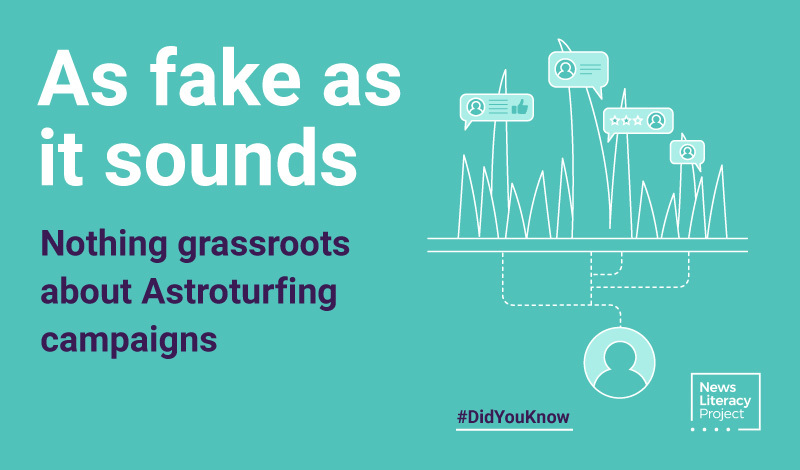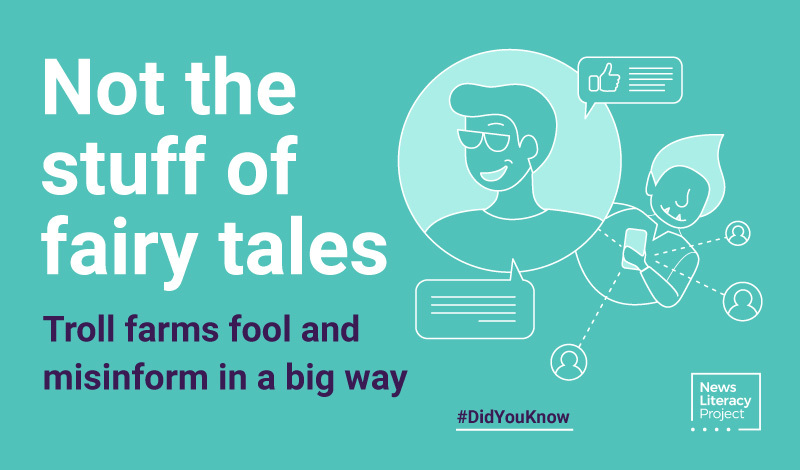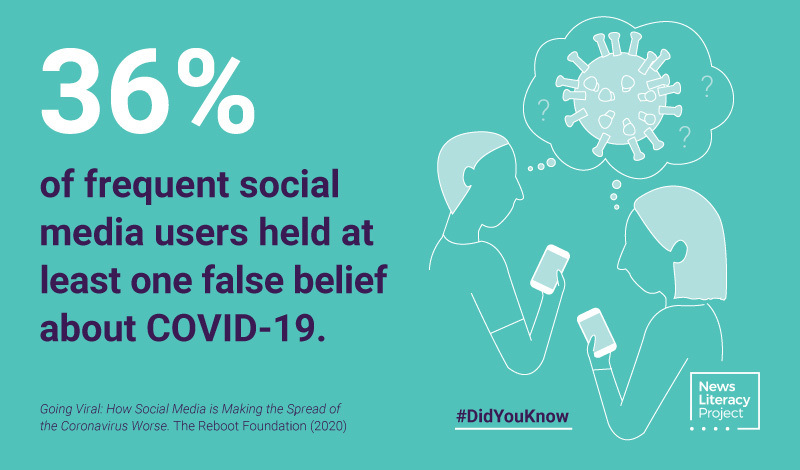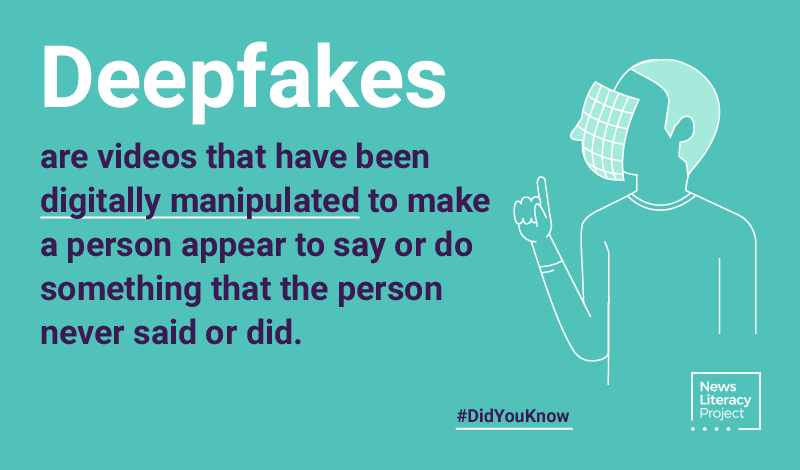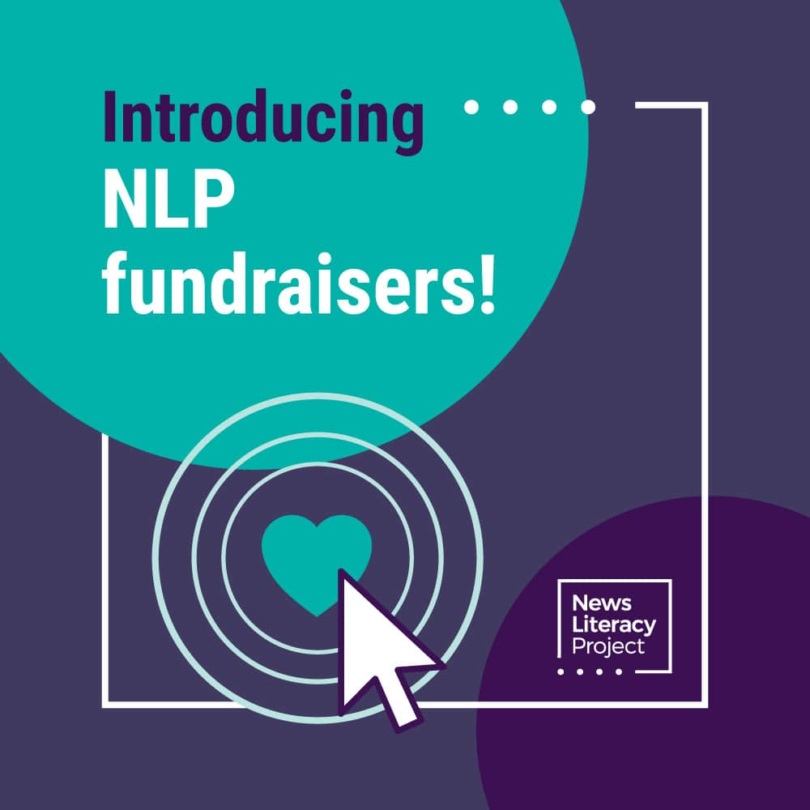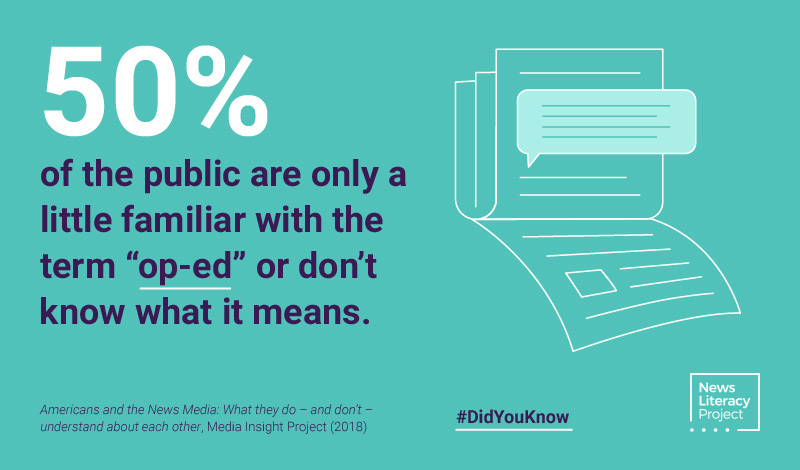
Did You Know?
Trust in news sources: It’s complicated
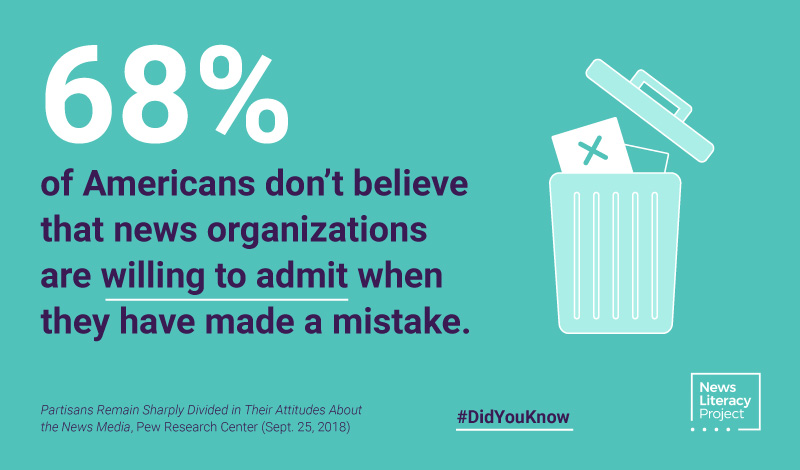
A 2018 study by the Pew Research Center found that most Americans expect the information they get from a news organization to be accurate. So why does the same study show that most people also believe that news organizations don’t admit their mistakes?
First, a look at those numbers: The study found that 71% of Americans trust the accuracy of the national news they consume. Yet “about two-thirds of Americans (68%) believe news organizations try to cover up mistakes. That’s more than double the number that trust news organizations to admit mistakes (30%).”
So does the public think that news outlets are reliable and transparent, or not?
Addressing errors has long been a bedrock value and crucial measure of responsible journalism. The Society of Professional Journalists’ code of ethics states, “Acknowledge mistakes and correct them promptly and prominently.”
However, Pew respondents might be right to doubt that reporters faithfully follow this ideal. An “accuracy audit” of 122 newspapers in 2005 found that the rate of corrections was dismal. And that was long before the online landscape transformed the news media.
The authors of that study, “Accuracy Matters: A Cross-Market Assessment of Newspaper Error and Credibility,” suggested a few reasons reporters might not own up to their errors. First, they might not realize they have made an error because many sources and readers who see inaccuracies never contact the journalist or news outlet. More alarming, researchers said, newsrooms often ignored requests for corrections.
In an era of declining trust in news, the corrections situation, clearly, needs correcting.
In its 2019 report Crisis in Democracy: Renewing Trust in America, the John S. and James L. Knight Foundation’s Commission on Trust, Media and Democracy urges news outlets to update their practices on correcting errors, including sending corrections “along the same online pathways that the original mistake traveled.”
Chasing errors in the ether might not be easy, as evidenced by this attempt to append a correction to a story everywhere it appeared. Still, making the effort is one way to regain trust.
Even diligent reporters make errors, as then-executive editor of Gizmodo Media Group John Cook told media critic Jack Shafer: “There are a million ways for good-faith reporters to make good-faith errors, which is why good news outlets have a culture of correction.”
That’s a culture the public likely can appreciate.
The Pew finding is based on a nationally representative survey of 5,035 U.S. adults ages 18 years or older conducted from Feb. 22 to March 4, 2018.
